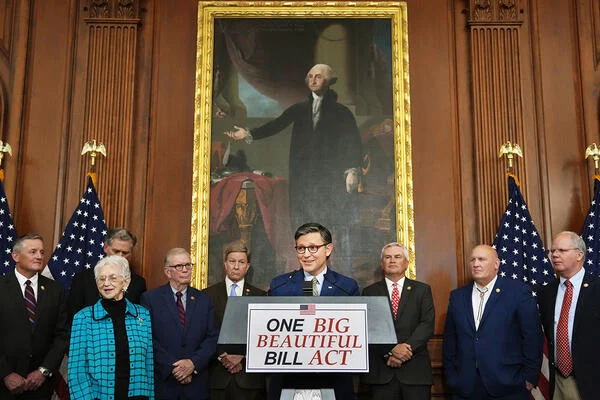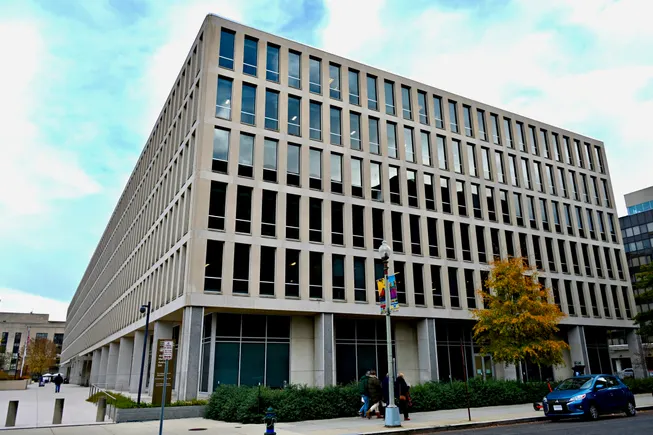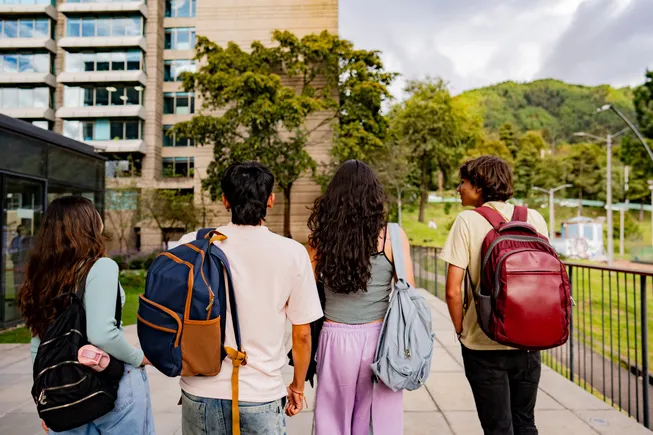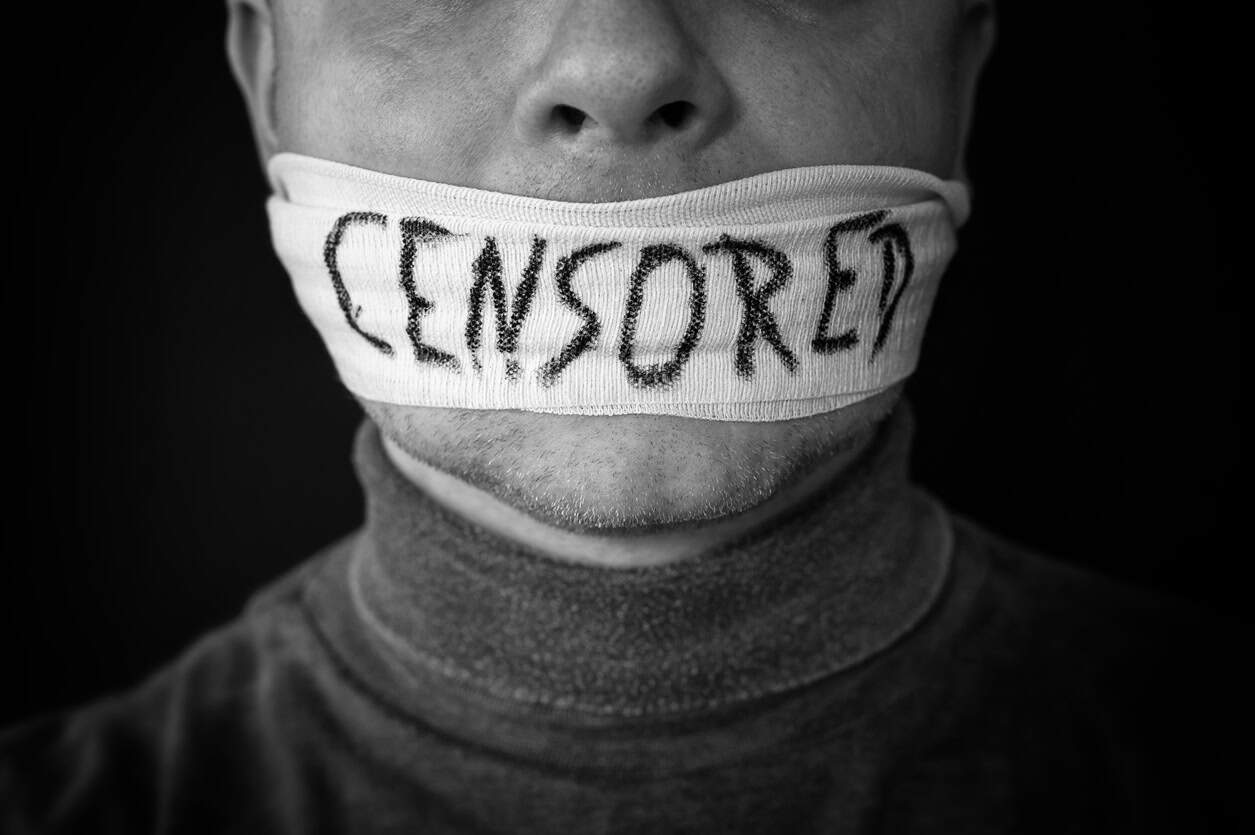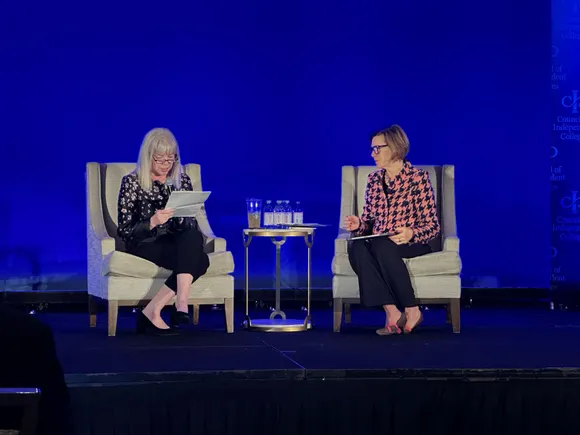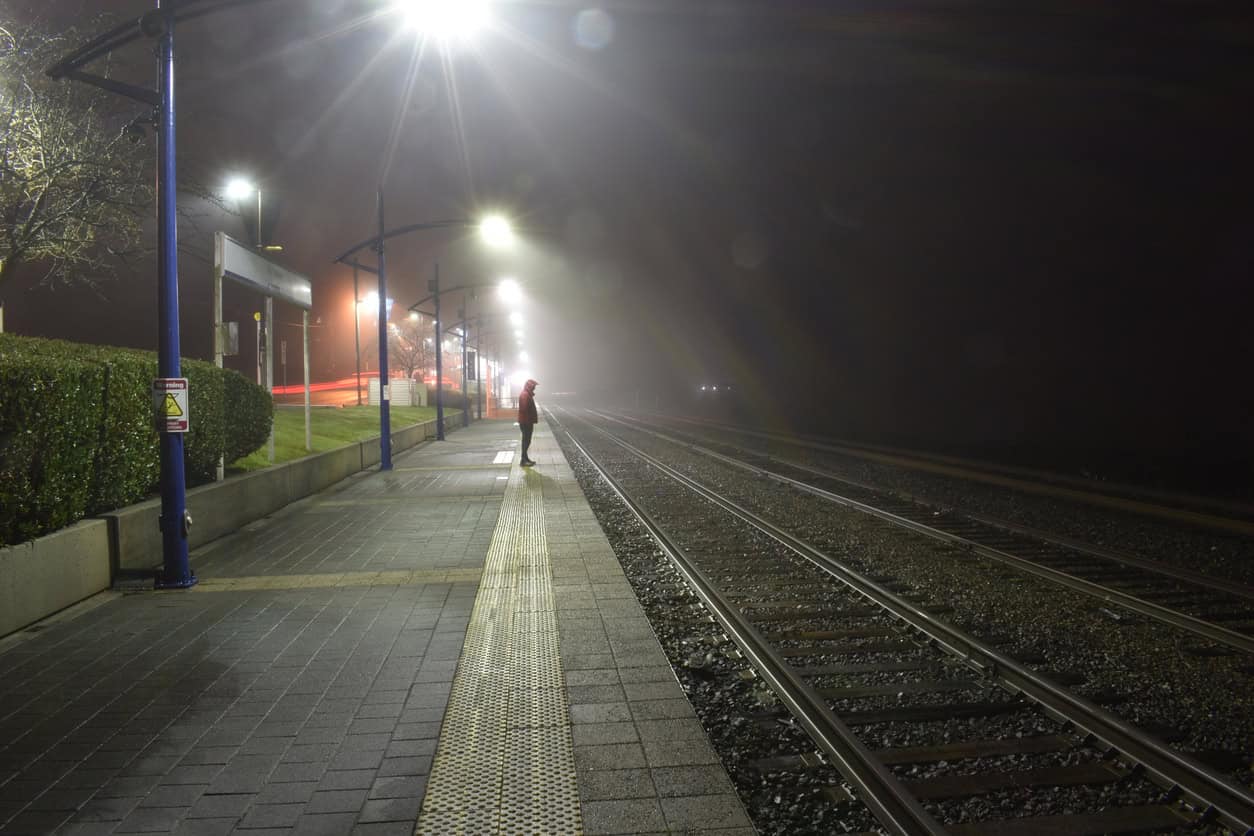It’s easy to think of international student recruitment as a numbers game.
Inside institutions and within partners like IDP, we sit and analyse data to work out how many students will come to the UK, what institutions they will go to, into what disciplines, from what markets.
As we pore over Tableau dashboards or – often – spreadsheets, it would be easy to forget that behind every number is not only a student, but an entire support system allowing, enabling and encouraging them on their international student journey.
Last week’s International Education Strategy (IES), in a departure from its 2019 predecessor, didn’t get into international student number targets but instead plumped for an overall export goal of £40bn by 2030, spanning the whole gamut of internationalisation activity across the education sector.
The rumbling (and often toxic) debate around net migration statistics continues to cast a gloomy shadow, so, understandably, it’s difficult for the government to gun for a numbers-based international student recruitment strategy when international students are such a large part of the overall migration number – around 36 per cent at last count. This is also, perhaps, the reason that endorsement of the strategy sees the FCDO teaming up with DfE and DBT, and no public backing from No. 10 or the Home Office. The wider focus of the strategy offers the opportunity though, to make the most of the government’s international education champion Sir Steve Smith, a role that is both the envy of other countries and a critical conduit between government and universities.
Let’s not kid ourselves though: it’s clear that sustainable international recruitment in higher education will play a big role in reaching that goal. And the strategy is clear about where government expects higher education institutions should focus: on responsible recruitment, high-quality student experience, and “world class outcomes for graduates.”
The discourse on outcomes is positive because it appears to go beyond the course completion rates that the BCA metrics capture, and degree classifications, to speak to the benefits students gain from their education, including graduate-level employment. Following many rounds of student sentiment research, as part of our Emerging Futures surveys, we know graduate employment outcomes remain the most important factor influencing student choice.
A story of “us”
The difference between the immigration white paper and the IES is the scope for immediate action. The BCA changes were clear, and institutions sprang into action to get their house in order. In the absence of a universal evidence-based for outcomes, we need to think about how universities prove they are doing the “right thing” here and how to get that message not only back to the government departments involved but also out to future students as a reason to come and study in the UK in the first place.
The IES offers a settled view of government policy on international education that, all being well, should extend for the rest of this parliament. There is an opportunity, now, to respond positively and develop thinking further about how we can enable international graduates to have the best opportunity to develop skills to work and contribute professionally to our national workforce.
International graduates can not only help fill local and national skills gaps but will also send that clear message to future students that support is available – support as an investment in them and their futures, just as they have invested in us. Simply put, this is the outcome that students are most interested in and the one most likely to reattract students to our institutions, in the face of stiff global competition.
To keep ahead of the argument, we need to bring these outcome stories to life. It’s reassuring that there was commitment in the refreshed IES to continued promotion through the British Council’s Study UK campaign.
Let’s tell the story about the student who came here and moved to the Innovation Founder route to start their own business. Let’s tell the story about the students who discovered new things about themselves during their studies; those who were able to explore politics and talk about their views safely; those who found new passions, new hobbies, new language skills. The ones who now say “aye” instead of “yes” or who call you “mate” or “pal” or “mucker” having made lifelong friends in their classrooms, student flats and in part-time jobs – the very places that support our university towns and cities and bring rich culture and diversity.
We need to find new ways to bring these tales of the friendships forged, loves found and adventures taken – all while studying for a world-class degree in a safe, inclusive, welcoming environment – to the students of the future and those who have influence over them. Already, Brand Scotland are doing some stellar work in this space like this story of entrepreneurship.
Pragmatism aligns with purpose
Some early commentary suggests not much has changed between the 2019 IES and the 2026 version. For those of us who have been in the sector long enough, there are throwbacks to Tony Blair’s Prime Minister’s Initiative (PMI) in 1999. Both focus on strengthening the UK’s global education presence with an emphasis on partnerships and collaboration. This time around the focus leans more to taking the UK to the world, but for institutions to remain financially viable, we still need to bring the world to the UK. TNE and inbound student recruitment must be co-joined strategies, and one does not replace the other.
Sustainable growth and a focus on quality is a sensible approach, one we all need to commit to and one we welcome. That focus is the right thing for the international students and in turn the right thing for domestic students, teaching staff and potential employers. At IDP, we remain concerned over English language testing. Appropriate preparation/testing is one clear way to ensure students arrive ready to succeed and to make the most of their time in our classrooms and in our communities.
Linked to the focus on quality, we’ll also hold ourselves to account with compliance and we expect others in our space to do the same. We hope everyone shares that view. Our ambition is to be the most compliant recruitment partner to our UK partners – and our global partners, for that matter. To do this, we will work closely with all universities to analyse trends that point towards risk and we’ll act on that to maintain sustainable growth from key markets. We’ll continue to change our ways of working to fit with the Agent Quality Framework and we’ll continue to put students at the centre of what we do.
For this to work, we’ll all have to adjust our lenses on what we want to achieve. Our commitment is simple: let’s re-forecast the numbers in the Tableau dashboards (and spreadsheets) to ensure the students behind the data points are given the best opportunity to thrive and to become successful graduates and positive ambassadors of our world-class education system.
***
In the current academic year Wonkhe and IDP plan to convene a community of institutions keen to share ideas on further building the evidence base for quality, student experience and student outcomes as part of their sustainable international recruitment strategies. If you would like to be involved, please get in touch.
This article is published as part of Wonkhe’s partnership with IDP.



